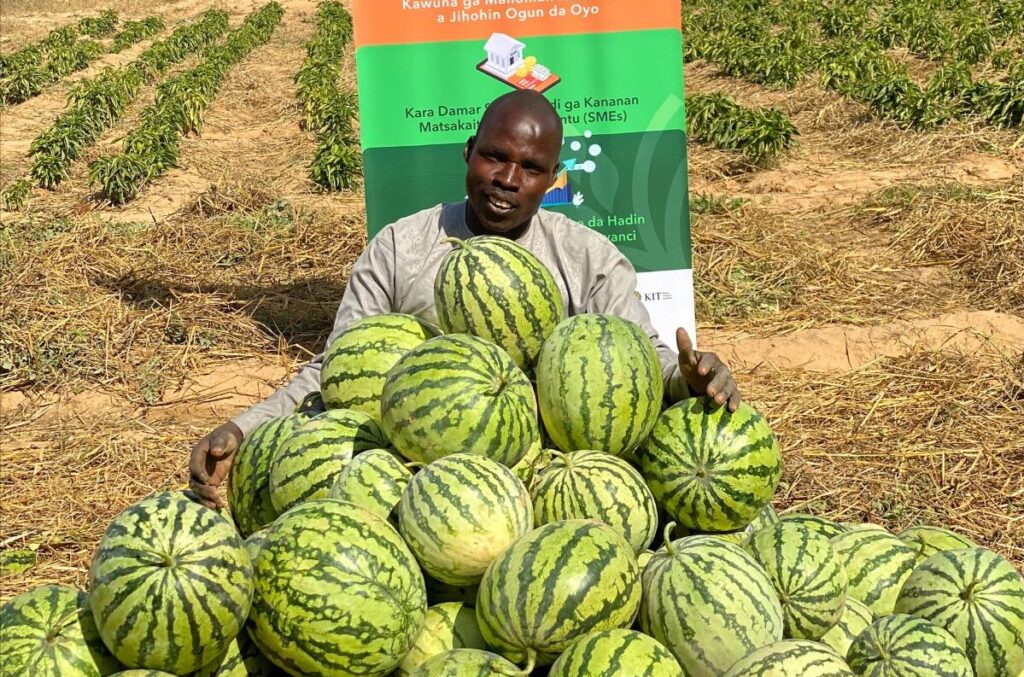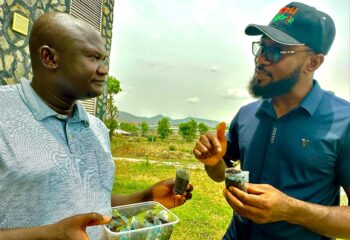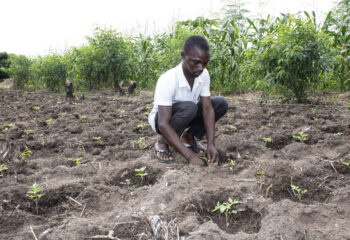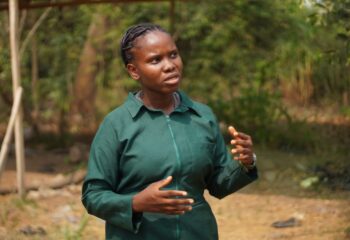
Muhammadu Murtala, a producer from Minjibir in Kano State, Nigeria, is not just a farmer; he is a changemaker who has been nurturing the land for over two decades. His journey into agriculture is a tribute to following the path laid by his father — a respected farmer renowned for his bountiful fields of onion, pepper, tomato, and maize. Yet, Muhammadu has carved out his own identity in the world of vegetable farming, initially experimenting with watermelon cultivation using local seeds.
The turning point in Muhammadu’s journey started with the introduction of Sangria hybrid seeds promoted by the HortiNigeria program, marking the dawn of a new era in his farming career. The difference between the local and hybrid seeds was huge and transformative.
The hybrid seeds not only improved the cultivation process, but also produced a harvest that was both more abundant and significantly sweeter.
This sweetness was not just literal; it translated into a tangible increase in market value. Where the fruits from local seeds fetched a modest 200 naira, those grown from the Sangria hybrid seeds commanded a premium of at least 1,000 naira each, making them an irresistible choice for both consumers and retailers.
Encouraged by this success, Muhammadu is now determined to broaden his knowledge of vegetable farming and is interested in growing other crops promoted by HortiNigeria. He dreams of a future where his business becomes a family affair, as he thinks and plans to obtain land for his wife to cultivate. Muhammadu not only wants to expand the farm, but he also wants to nurture a legacy with plans to reinvest his earnings in his children’s education, ensuring they have opportunities that extend beyond the fields.
Muhammadu has become a sage in his community, generously sharing the insights gathered from his experiences. He advocates for a shift toward modern farming methods, underscoring the capacity of these simple agricultural practices to significantly enhance productivity and profitability.
HortiNigeria (2021-2025) is implemented through a consortium led by IFDC that includes East-West Seed Knowledge Transfer (EWS-KT), Wageningen University and Research (WUR), and KIT Royal Tropical Institute and is funded by the Embassy of the Kingdom of the Netherlands in Nigeria.



